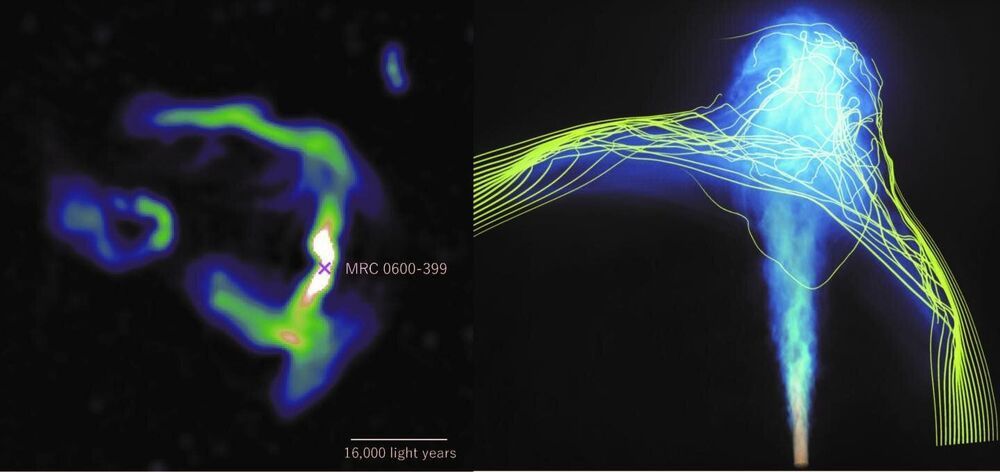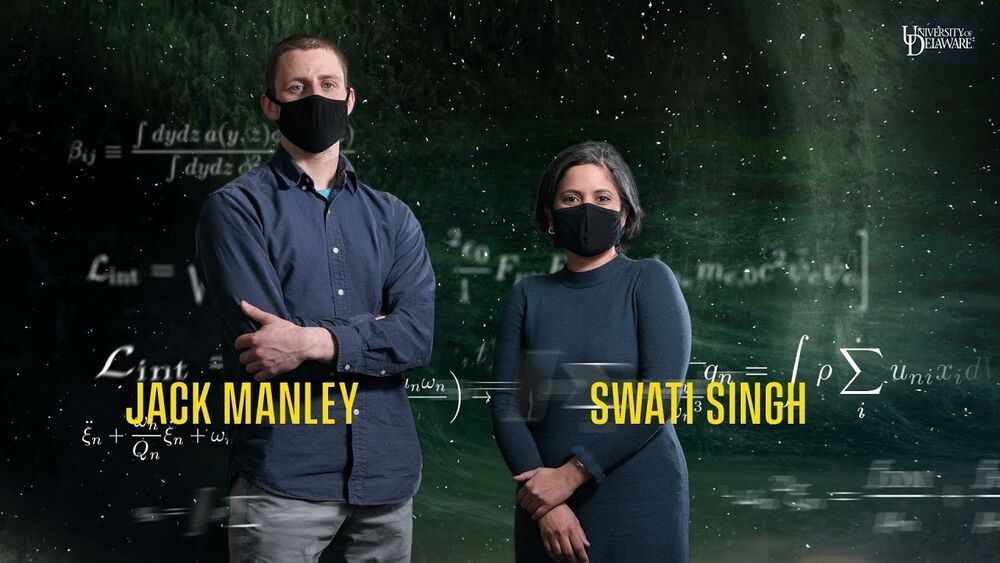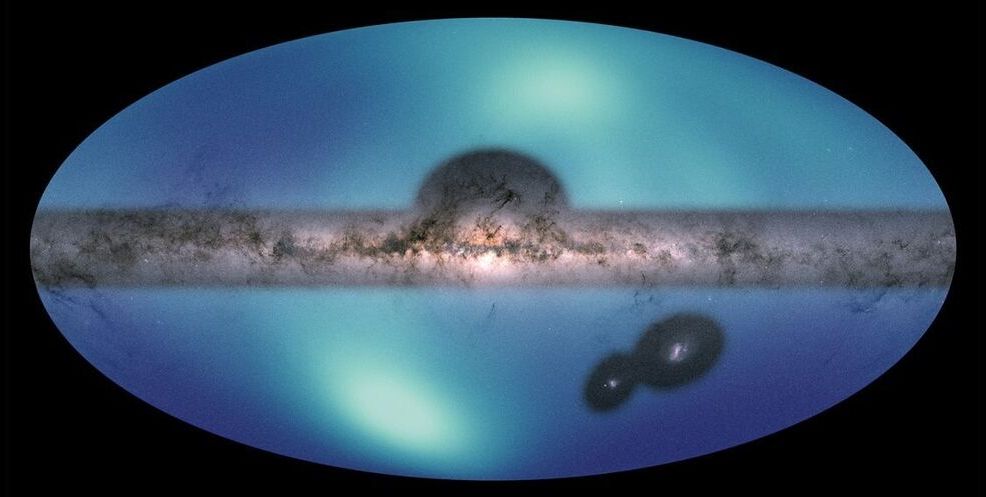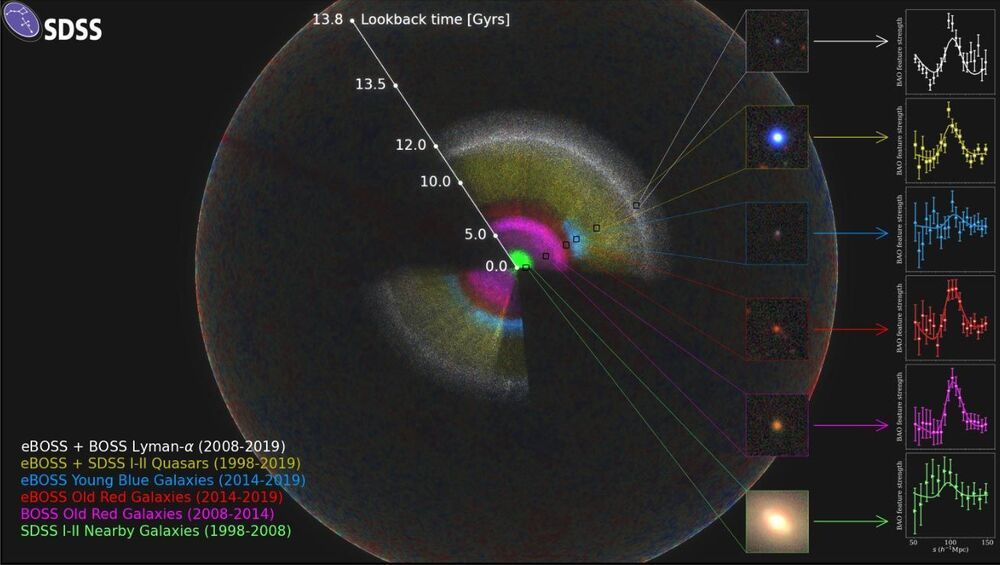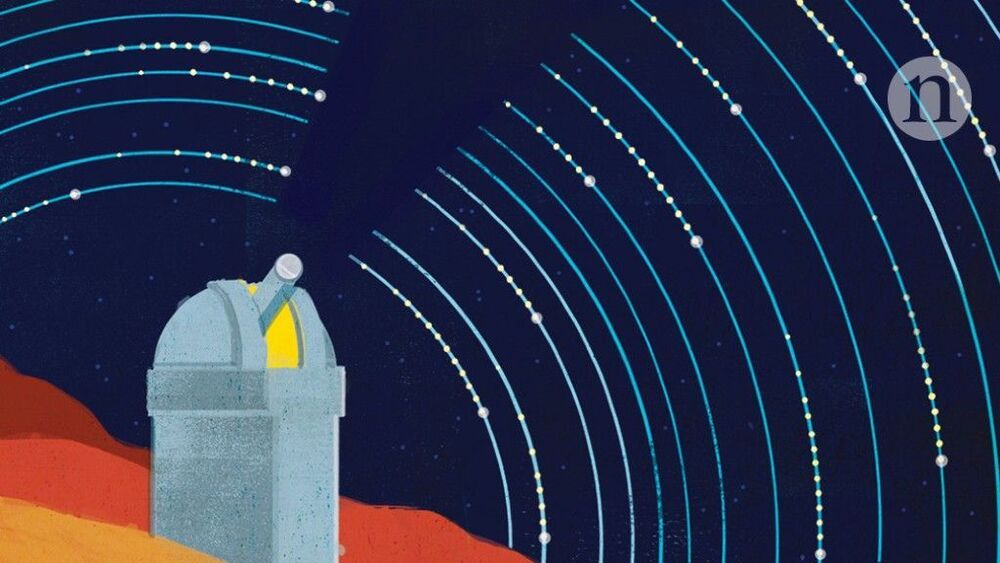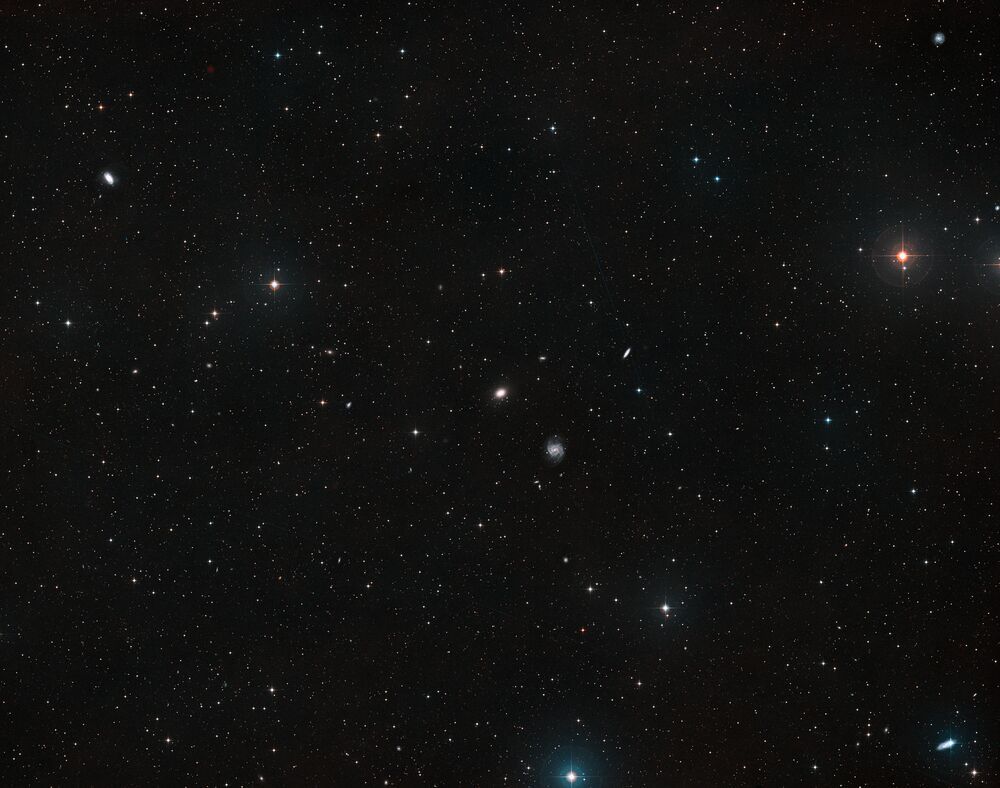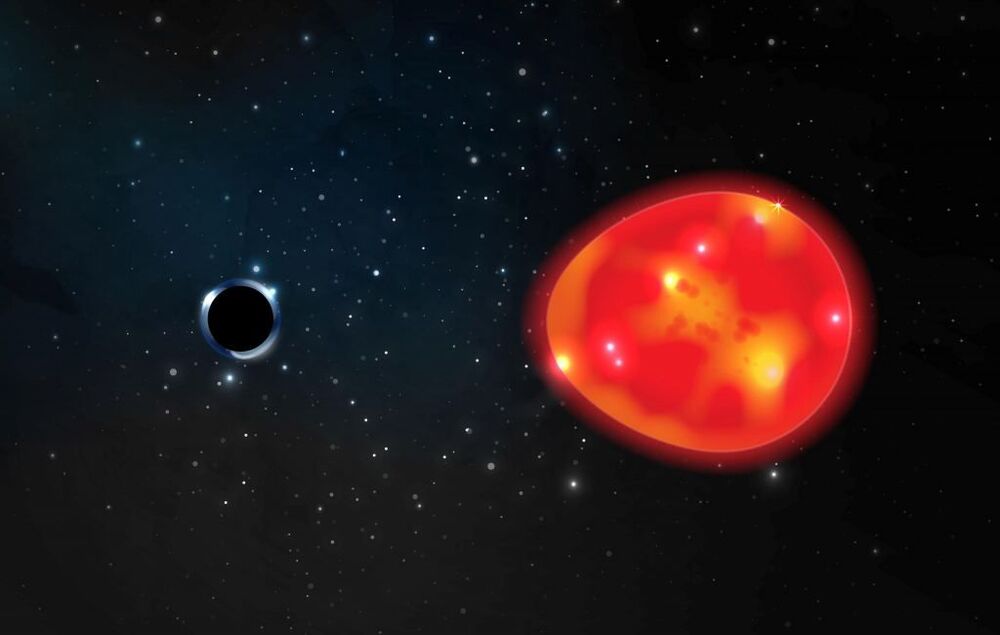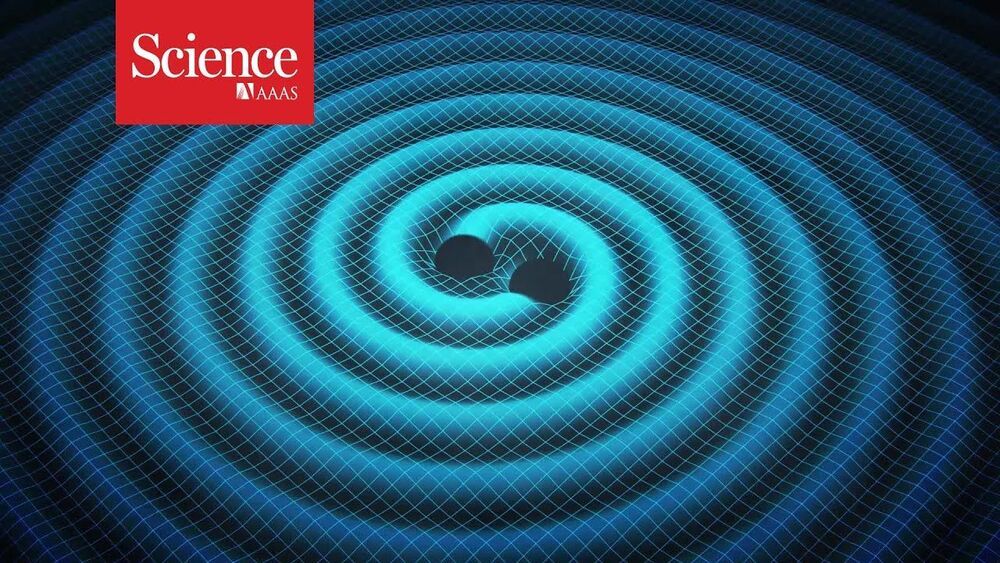May 6, 2021
A new window to see hidden side of magnetized universe
Posted by Saúl Morales Rodriguéz in categories: cosmology, particle physics
New observations and simulations show that jets of high-energy particles emitted from the central massive black hole in the brightest galaxy in galaxy clusters can be used to map the structure of invisible inter-cluster magnetic fields. These findings provide astronomers with a new tool for investigating previously unexplored aspects of clusters of galaxies.
As clusters of galaxies grow through collisions with surrounding matter, they create bow shocks and wakes in their dilute plasma. The plasma motion induced by these activities can drape intra–cluster magnetic layers, forming virtual walls of magnetic force. These magnetic layers, however, can only be observed indirectly when something interacts with them. Because it is simply difficult to identify such interactions, the nature of intra-cluster magnetic fields remains poorly understood. A new approach to map/characterize magnetic layers is highly desired.
An international team of astronomers including Haruka Sakemi, a graduate student at Kyushu University (now a research fellow at the National Astronomical Observatory of Japan—NAOJ), used the MeerKAT radio telescope located in the Northern Karoo desert of South Africa to observe a bright galaxy in the merging galaxy cluster Abell 3376 known as MRC 0600–399. Located more than 600 million light-years away in the direction of the constellation Columba, MRC 0600–399 is known to have unusual jet structures bent to 90-degree angles. Previous X-ray observations revealed that MRC 0600–399 is the core of a sub-cluster penetrating the main cluster of galaxies, indicating the presence of strong magnetic layers at the boundary between the main and sub-clusters. These features make MRC 0600–399 an ideal laboratory to investigate interactions between jets and strong magnetic layers.
